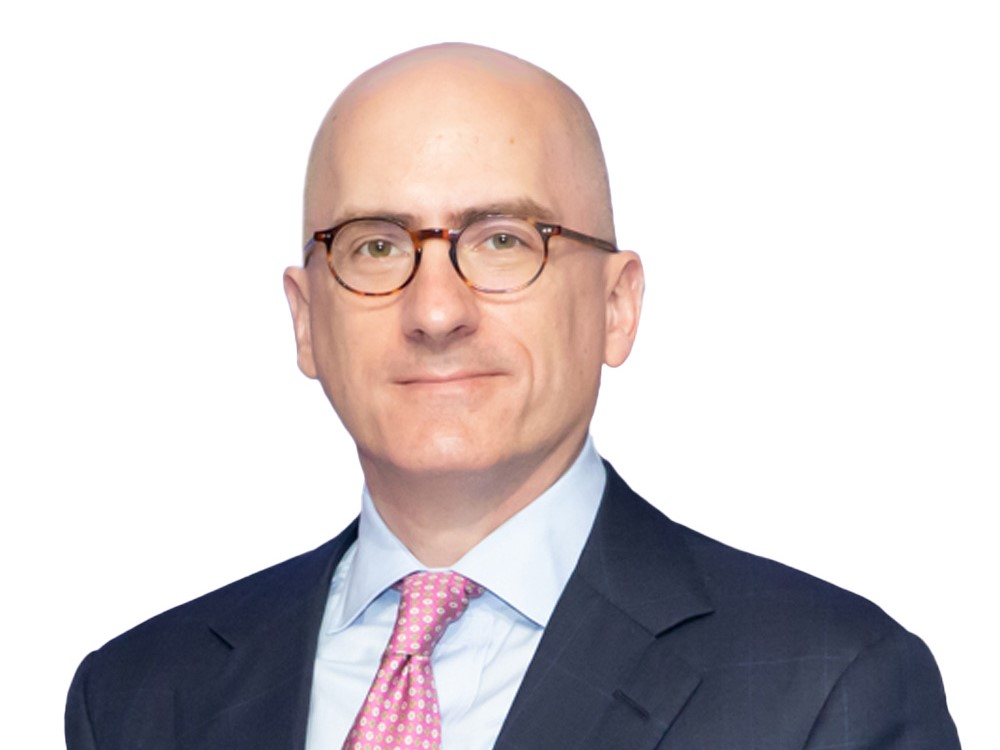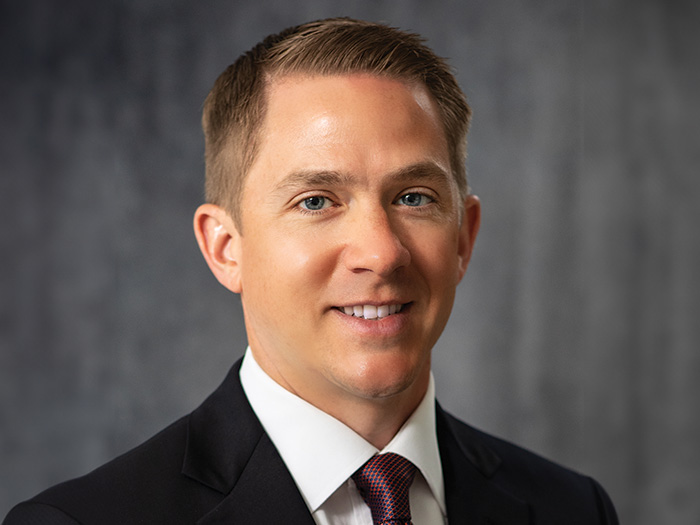Tipping the Scales: How Social Inflation Weighs on Insurance

Warren Buffet first used the term social inflation in 1977 to describe how society was expanding its view of what is covered by insurance.
When Buffet coined the term, he was referencing the asbestos litigation making headlines and changing society at the time. Four decades later, the continued impacts of growing social inflation are felt across the industry.
This expansion of what is considered insurable along with increasingly high jury verdicts around the country has resulted in a unique challenge for the industry.
Consumers across the U.S. pay an annual tort tax through the increased costs of litigation in their state and insurers face increased loss adjustment expenses and defense costs.
A workshop session at the CPCU Society’s annual event, In2Risk, will examine this issue.
The session will be facilitated by Laura Gregory, Esq., CPCU, partner at Sloane and Walsh LLP, and Tim Fletcher, JD, CPCU, vice president, senior emerging issues specialist at GenRe.
The Social Inflation Contagion Adds to Rising Claims Costs
Along with ongoing pressures from labor costs, building supply shortages and global supply chain issues, social inflation and nuclear verdicts have added to the rise in claims costs.
This In2Risk session is designed for those with introductory knowledge, as well as attendees with more advanced experience to benefit from the information shared.
Starting with the basics, the speakers plan to define social inflation and examine how the issue affects claims and jury verdicts. Attendees will have the opportunity to discuss the increases in costs and time involved in handling claims impacted by social inflation as well as the widespread prevalence of these verdicts.
“Shock verdicts were previously limited to certain jurisdictions, and the analysis of a claim from the beginning was impacted by the venue or potential venue,” Gregory explained.
“In recent years, we are seeing these verdicts all over the country. Although they are more common in some jurisdictions than others, nowhere is safe.”
The insurance industry is seeing stratospheric numbers in all types of claims — bodily injury, defamation, products and medical malpractice, to name a few.
All types of coverages are potentially impacted.
“Coverage and bad faith disputes are also areas where these verdicts are occurring. Claims professionals at all levels, attorneys and underwriters in all property/casualty lines will benefit from this presentation,” Gregory added.
Gregory and Fletcher also plan to explore the root causes of social inflation, discussing significant verdicts and court decisions that have influenced the current status.
They will lead a discussion about whether social inflation represents a legitimate, long-lasting industry threat.
Fletcher spoke further about the drivers behind social inflation, saying, “The insurance industry has become aware of the term [social inflation] and its drivers, which include economic inflation, wealth disparity [both geographic and generational], and a well-connected and capable plaintiffs’ bar able to capitalize on an increasingly polarized society.
“Other recent drivers have helped fuel social inflation, such as third-party litigation financing (TPLF) and efforts to use web-based search engines such as Google to engineer suits against insurance companies. Some have argued that the insurance industry has been slow to respond to the social inflation contagion, but there are signs that is changing.”
The Psychology Affecting Social Inflation and Shock Verdicts
The session will also explore the psychological phenomena associated with these outsized verdicts.
One theory, known as the “anchoring effect,” reads that people weigh the first piece of information they receive the most heavily — and this perception doesn’t change even with more data.
Marketers use this strategy in retail shopping when they show the suggested retail price before displaying their own lower one.
Showing the higher price first anchors shoppers to that number — meaning when they see the adjusted lower price, they are more likely to make a purchase because the lower price seems like a great deal compared with the anchor number.
The same effect can happen with nuclear verdicts, as well.
Society has become more familiar with seeing settlement numbers in the high millions and even billions of dollars, and juries may not think twice about awarding larger and larger sums when they frequently hear of multi-million-dollar verdicts as reference points.
Law firms use these large verdicts as advertising, with seven-digit awards plastered across highway billboards and attorney websites.
And even though many of these nuclear verdicts are later reduced by appeals and statutory caps, the damage is already done when it comes to normalizing these extraordinarily high numbers.
The “reptile theory” has also been raised as a potential driver of the rise of social inflation and shock verdicts. Positing that people favor safety and survival, this instinct may be used to influence jury verdicts by highlighting an element of dangerous behavior involved in the accident.
Following this theory, juries award punitive damages to punish defendants and deter others from the same dangerous behaviors. &
Register Today for In2Risk 2023
Gregory and Fletcher’s session, titled “De-escalating Social Inflation and Diffusing Shock Verdicts,” is scheduled for Saturday, October 7 at 11:15 a.m. in Washington, D.C.
This session is one of over 30 that attendees can choose from during the conference. Conference-goers can earn up to seven hours of CE credit at In2Risk.
Registration is now open. Join industry professionals from around the world in Washington, D.C. from October 5-7 at the Washington Hilton. Trending topics like cybersecurity, AI and Insurtech will be among the hot button issues this year, along with more traditional coverage reviews and leadership skills.










